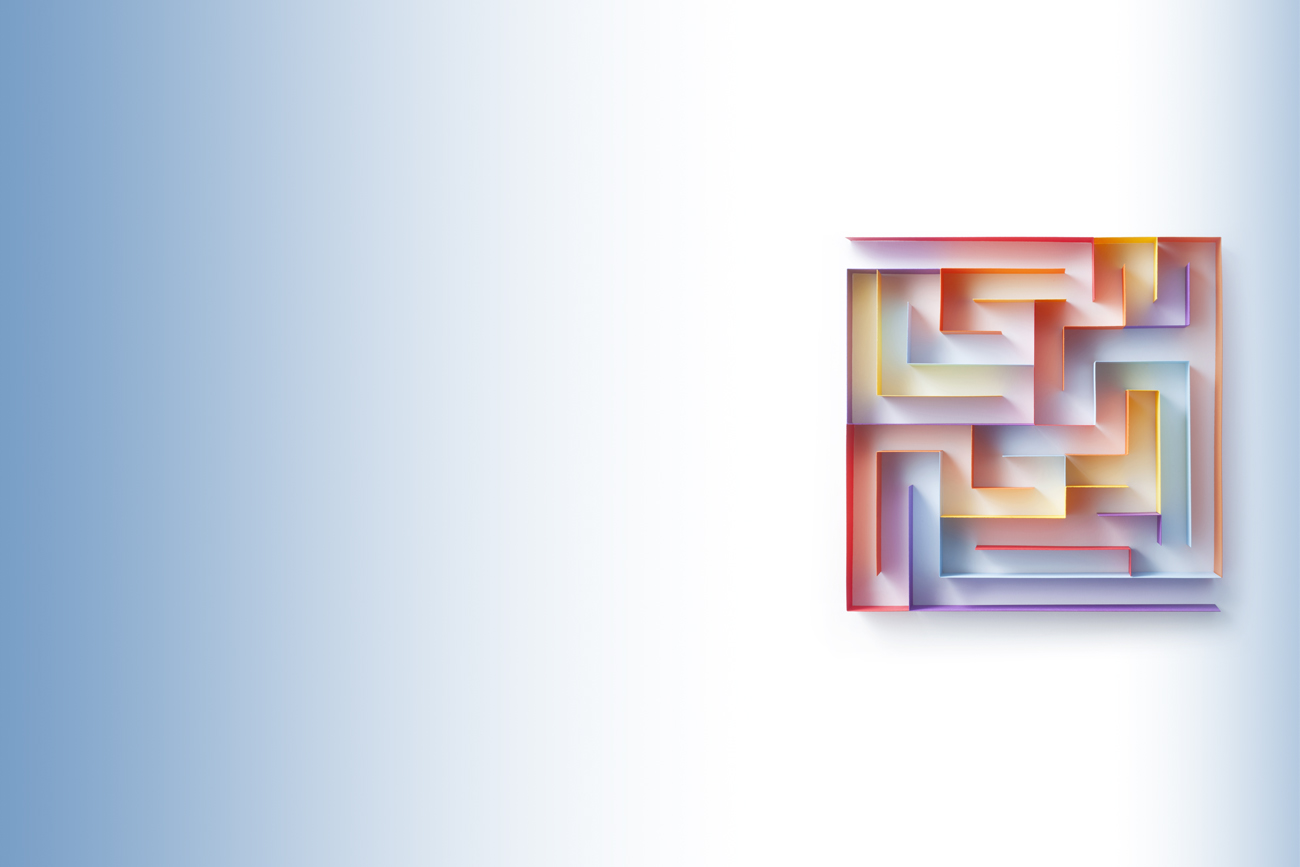EY refers to the global organization, and may refer to one or more, of the member firms of Ernst & Young Global Limited, each of which is a separate legal entity. Ernst & Young Global Limited, a UK company limited by guarantee, does not provide services to clients.

Download the PDF
On 26 February 2025, the European Commission published the "Omnibus Simplification Package“, a set of legislative proposals aimed at simplifying obligations related to the Carbon Border Adjustment Mechanism (CBAM) and reducing the associated administrative burden. The changes aim to exclude a significant number of businesses from the Mechanism and to facilitate the compliance obligations for the ones still subject to the Mechanism.
Specifically:
- De minimis threshold
A threshold exemption is proposed for companies importing annually less than fifty (50) tons of covered products in the categories of aluminum, iron, steel, cement, and fertilizers, excluding hydrogen and electricity. This limitation exempts about 90% of all importers from the Regulation's obligations, while 99% of the total emissions released during the production of goods imported into the EU will still be covered by the Mechanism. The threshold is subject to ongoing review, and the proposed changes apply only to the final period of CBAM implementation (01.01.2026).
- Certificate purchase date
The obligation to purchase CBAM Certificates for covered goods imported in 2026 is postponed until February 2027.
- Declaration submission extension
Extends the annual submission due date for CBAM Declarations covering the previous year from 31 May to 31 August of the following year.
- Changes to the products in the scope of CBAM
Relating to electricity, only direct emission should be considered for CBAM. Non-calcinated kaolinic clay has been removed from the scope.
- Authorization procedure of CBAM declarants
Allows delegation to a qualified person or third party, while retaining the responsibility of the Authorized CBAM Declarant.
- Authorized CBAM declarant
To this end, it shall be noted that on March 17, 2025, the Implementing Regulation for this authorization was published, entering into force after March 28, 2025. To be reminded that without this license, the importation of covered goods will be impossible from January 1, 2026. Furthermore, inadequate compliance with the relevant CBAM obligations may create obstacles to obtaining the respective license.
- Data collection process from third countries
Default or actual carbon price paid in a third country can be deducted from the required number of certificates. The company must keep certified records of the charges already paid.
- Precursors
Embedded emissions from input materials (precursors) produced in countries where EU ETS applies should be excluded from calculations. Similarly, some downstream production processes for certain steel and aluminium goods are also excluded.
- CBAM certificates holding requirements
The quarterly requirement to hold CBAM certificates is reduced from 80% to 50% of the emissions embedded in the imported goods.
- Enforcement and penalties
Strengthened anti-abuse provisions and a joint anti[1]circumvention strategy together with national Authorities are foreseen. Furthermore, the new provisions allow discretion to reduce penalties for negligible or unintentional errors, while intentional infringements will be subject to increased penalties.
Points of attention for importers of covered CBAM goods:
In view of the above, businesses should consider the following actions:
- Monitor Import Volumes: Track the volume of imports to estimate whether the 50-tonne threshold will be exceeded by 2026 and continue annual monitoring thereafter.
- Obtain Authorized CBAM Declarant license: Initiate the application process for the authorization given the finalization of the relevant Regulation.
- Ensure Accurate Emission Reporting: Confirm the reporting of actual emissions in CBAM Reports and, during the final phase, in CBAM Declarations. To be reminded, this obligation already applies to CBAM reporting from Q3 2024.
- Stay Updated on Legislative Changes: Continuously monitor and assess developments in CBAM regulations to ensure timely compliance



